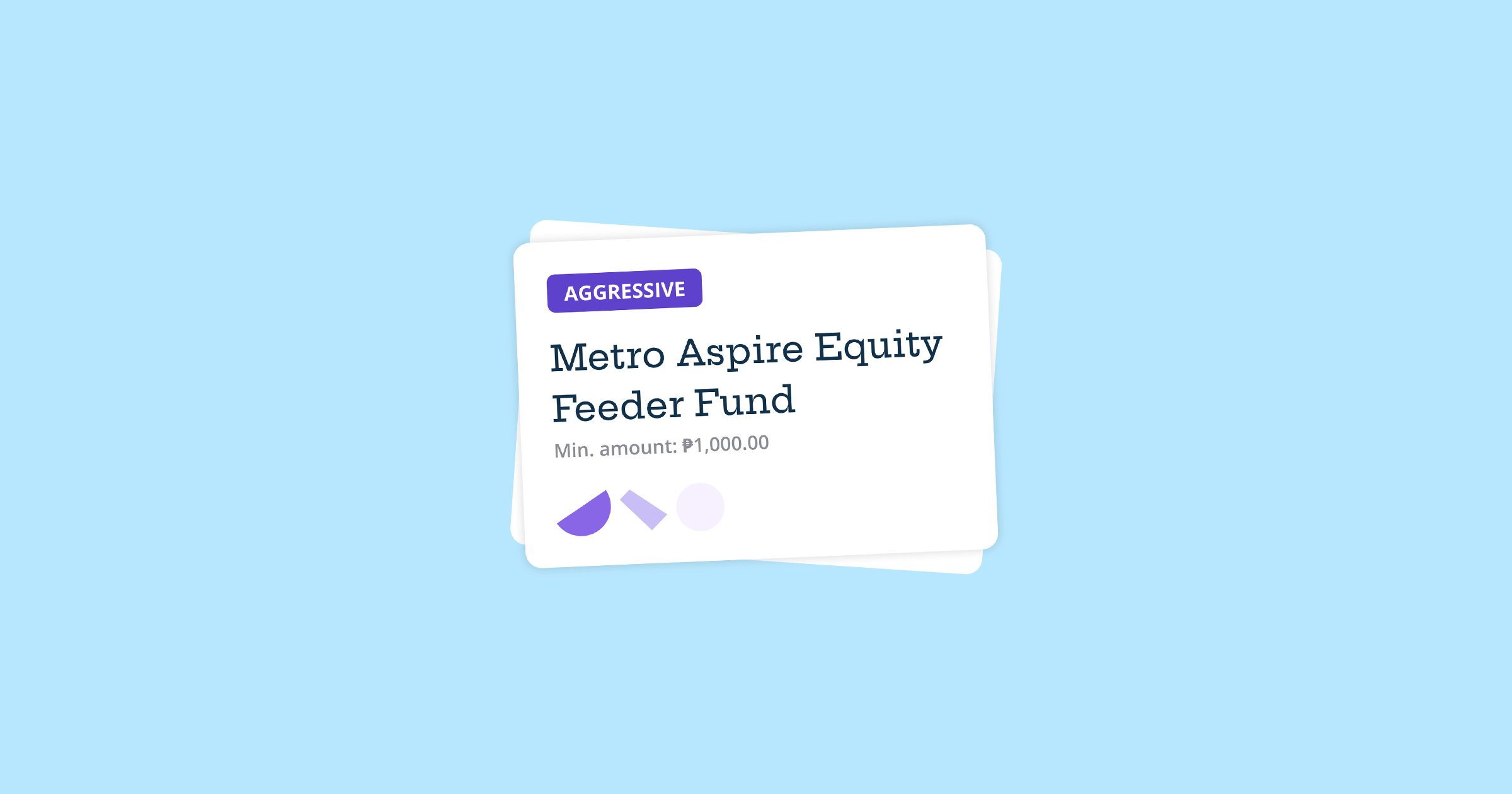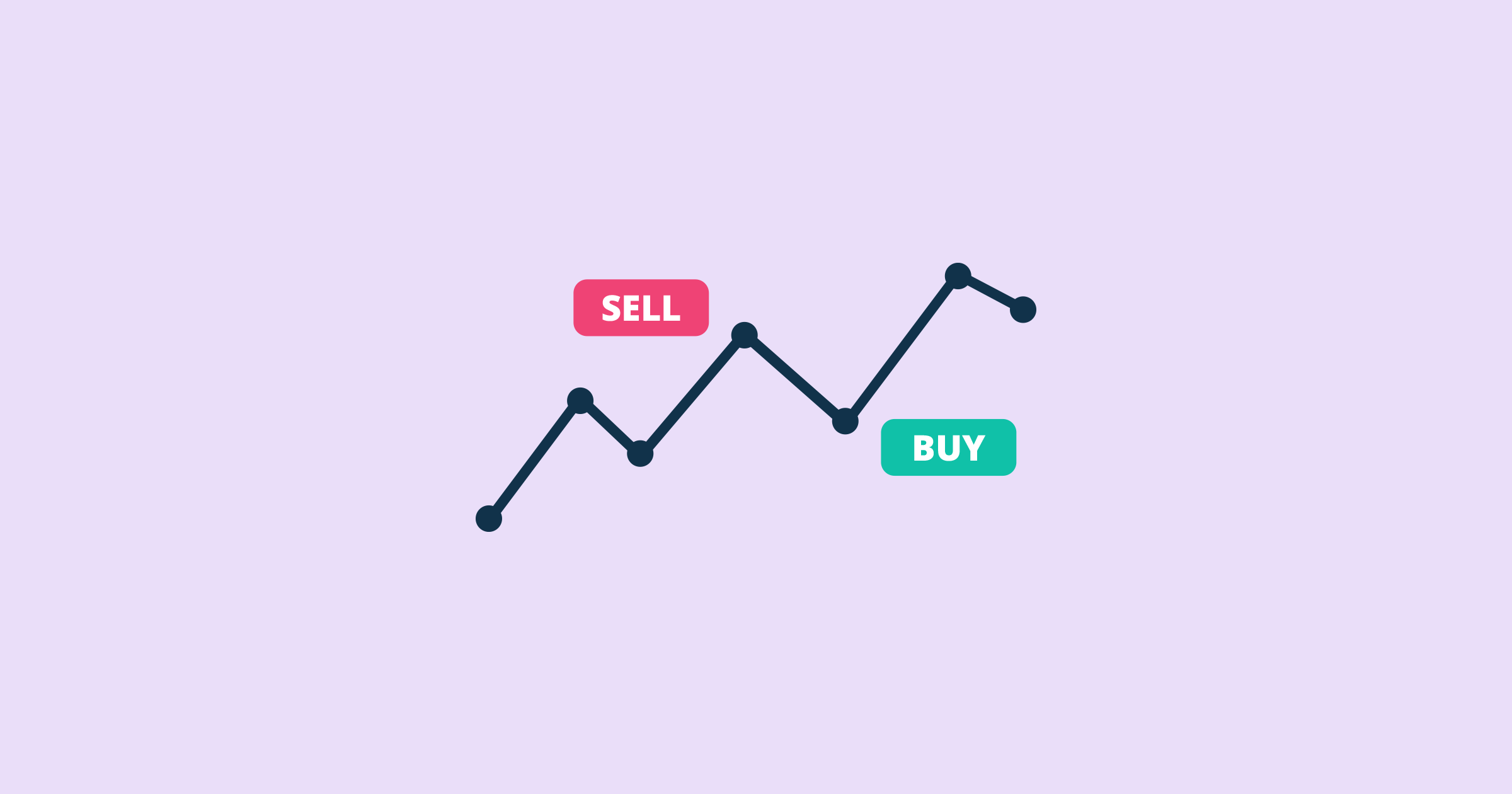Dead money is slang for cash or investments that aren’t growing or performing the way you expect it, giving you little to no earnings.
If your investment portfolio is due for a tune up, this is one of the factors you might want to look into.
So, is dead money always a bad thing for investors? The answer largely depends on where you’re keeping it and what you intend to do with it. Read on to learn more.
Understanding dead money
When a portion of your money is stored away or tied up in assets that aren't providing any meaningful returns, then you might be dealing with dead money.
It can affect the finances of both individuals and businesses. For individual investors, these are the common types:
- Cash that’s not earning interest
These include cash you’ve earmarked for investing that’s kept in a physical location or in a digital account that’s not earning interest at all.
- Underperforming investments
You may have also invested your money in hopes of growing it by a certain amount after a while, but instead it grew minimally, stayed flat, or even lost value.
These investments might include stocks, pooled funds, or other assets that have stagnated or declined in value for longer than what is reasonably expected.
Is dead money always bad?
By the name alone, dead money sounds like something to avoid at all costs. It’s seen as unproductive, which can seem like a bad thing especially if you’re aiming for growth.
However, there are instances where dead money might not actually be all bad. It could make sense in these scenarios:
- You want to keep money safe during tough times
In bad market conditions, some investors tend to prioritize keeping their money safe. During times of uncertainty or market volatility, people might keep their money in cash or other assets that are considered safer but may offer lower returns.
In this case, dead money could be seen as a way to preserve capital if you don’t want to take bigger risks for better potential returns.
- You want to stay liquid in case of opportunities
There are good reasons to intentionally keep cash that isn’t growing much as part of your overall investing strategy.
For example, investors might keep a portion of their assets in cash or cash equivalents to stay liquid or have enough money for future investment opportunities.
While cash may not generate much or any profit at the moment, it serves a purpose by giving you flexibility.
- You’re investing for the long-term
In some cases, dead money might just be sleeping. There might be a potential for underperforming investments to grow in the long run.
It’s not guaranteed that investments that go down will always go back up. However, you may want to hold on to an investment if you have reason to believe in its long-term performance and don’t need to withdraw soon.
When dead money becomes undesirable
On the flip side, dead money can also slow your progress toward financial goals under certain circumstances:
- Opportunity cost
One of the major drawbacks of dead money is opportunity cost. This is the money you’re hypothetically missing out on by not investing or by keeping your money in underperforming assets instead of choosing investments with higher potential returns.
Of course, you can’t be sure that you’ll enjoy better performance by investing in another product, and so you should consider your options carefully.
- Inflation risk
Holding onto assets that fail to keep pace with inflation can weaken your money’s purchasing power over time.
If the rate of return on cash or investments is below the inflation rate, you may find yourself losing value in real terms, even if you still have around the same amount.
When deciding what to do with dead money in your portfolio, think about whether it serves a genuine purpose and weigh its impact on your overall portfolio given the possible risks and benefits.




